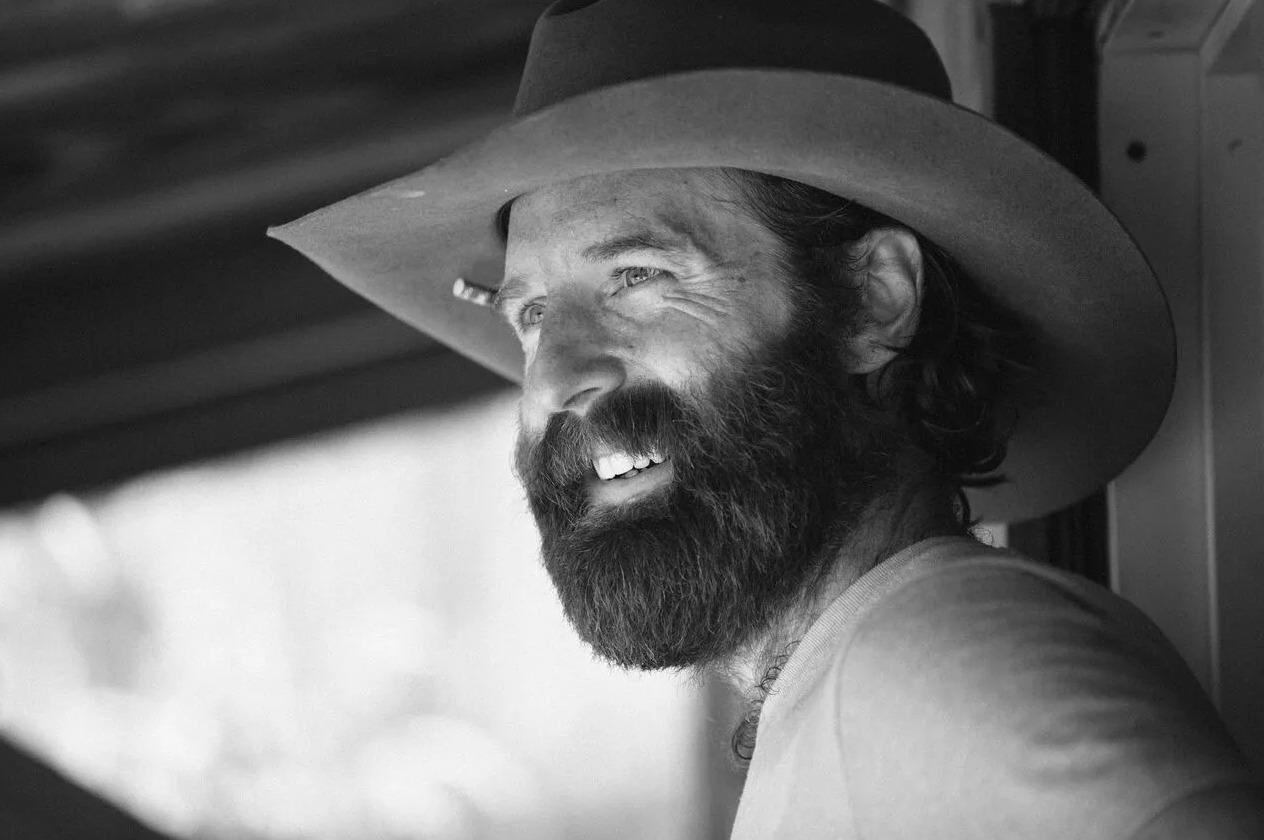Noon. A Mexican taco truck. Birmingham. This parking lot is packed, if there was an empty square inch of space, it’s already filled with a Nissan or a Kia.
Earlier this morning, I was on a radio show. The host drilled me with loaded questions. It was a disaster. I was supposed to be plugging my new book; instead the host was asking slanted questions about hot-button, divisive topics.
The problem is, I don’t know how to answer divisive questions. I’m not a smart guy. I didn’t graduate high school.
Moreover, I wasn’t a particularly bright student to begin with. I was always getting letters and numbers mixed up. In fact, it took me 30 years to figure out that “taters” was spelled with a P.
I’m not qualified to talk about controversial issues. I have a hard enough time just spelling my last name.
The host’s main question of the morning was, “What do you think will save this country?”
Sadly, I had no answer for him. My only salvation was to fake a bladder emergency.
But I’m thinking about his question right now, standing in this taco truck line.
What will save this country?
Ahead of me in line is a female police officer. She wears a blue uniform, ballistic body armor, and a chest-mounted radio. She is powerfully built. She could twist me into a human pretzel, dip me in garlic sauce and serve me with a Mick Ultra.
“Ma’am,” I begin, “can I ask you a personal question?”
“Sure.”
“What do you think will save this country?”
She frowns. “Save this what? Whatchoo mean?”
So I repeat the question.
“You know what I think will save this country?” she finally answers. “People looking out for each other, people being a blessing instead of being selfish.”
I nod and write it down.
I order chilaquiles verdes, which is my all-time favorite Mexican dish. I was first introduced to this dish when I played accordion in a Mexican band. Don’t ask.
The guy at the window is Latino, hair slicked to his head. He is young. Robust. His apron is stained in reds and greens.
“What do you think will save this country?” I ask.
“No inglés,” he answers.
Luckily, his wife is from Kansas City. She translates, then interprets his answer.
She speaks: “He says he thinks kindness will save this country.”
I write it down.
I get my food in a foam box. I sit at a picnic table and commence shoveling. The food is delicious. The salsa verde is tart enough to make a grown man cuss with delight and look around for inanimate objects to slap.
The woman eating lunch across from me is wearing a fast-food uniform. She says she’s just gotten off from the late shift. After she finishes eating, she will pick up her three kids from daycare, then go home and sleep for eight hours.
I ask her what she thinks will save this country.
She thinks about my question as she drags a chip through a slurry of salsa.
“Well, I think it’s up to you and me. I think people acting super sweet to everyone. I think just being nice and, I don’t know. I mean, there are a lot of people out there who could use a real friend. I’m one of’em.”
Not a bad answer. She would have done great on talk radio.
When I finish my meal, I am already in serious need of Rolaids. I walk to my vehicle, jingling my keys, thinking about what a failure I was on the radio this morning. Why is eloquence so hard for me?
In the parking lot I see a young man deboarding his minivan with the help of his mother.
His mother lifts him out of the car, hoisting him into a wheelchair. No hydraulic lift. The woman simply bear-hugs her son and muscles him into his chair.
“My son loves Mexican food,” she tells me. “I get him out of the house a few times each week, I take him here. He loves tamales. These are the best in town.”
I ask her what she thinks will save this country.
She is taken off guard by my question. She asks what exactly I mean. So I repeat myself. She is confused, and I am starting to feel ridiculous for having even asked.
But I am saved. Because the young man interrupts her.
“I know what will save this country!” he says.
“And what’s that?” I ask.
He holds up a finger. “One word,” he yells. “And it starts with an L!”
Just as I thought.
Taters.
Sean Dietrich is a columnist and novelist known for his commentary on life in the American South. He has authored nine books and is the creator of the “Sean of the South” blog and podcast. The views and opinions expressed here are those of the author and do not necessarily reflect the policy or position of 1819 News. To comment, please send an email with your name and contact information to Commentary@1819News.com.
Don’t miss out! Subscribe to our newsletter and get our top stories every weekday morning.










